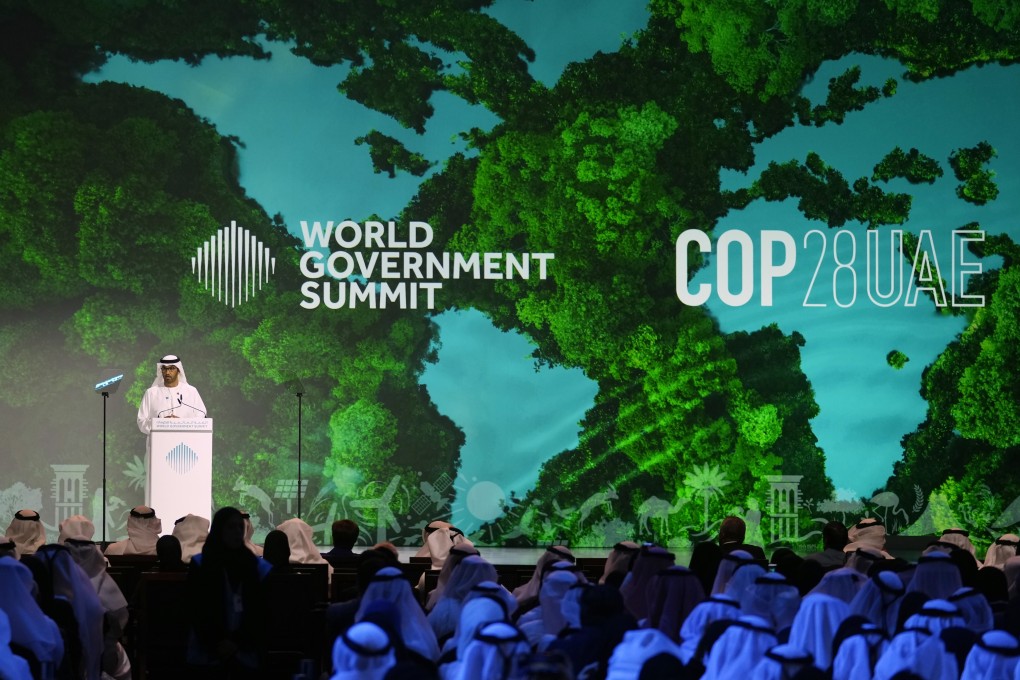Advertisement
Opinion | Degrowth? Climate justice cannot come at sole cost of rich nations
- The Global South’s demand for climate justice is justified but so is the developed world’s need for growth and security
- COP28 must prioritise the crafting of a win-win situation for all, including wealthy countries, which will need to lead the transition to net zero emissions
Reading Time:4 minutes
Why you can trust SCMP
2

I write from Pakistan, a country plunged into multiple crises by last year’s floods, which ruthlessly claimed lives, displaced millions, destabilised our political landscape, and brought us dangerously close to economic default. Despite Pakistan’s minimal contributions to global emissions, the country remains unfairly susceptible to the impact of climate change. Climate justice is an alien concept to us.
Advertisement
I harbour no desire to see the developed world continue to grow at the expense of countries like mine. Carbon emissions must be drastically reduced. But frustrating as it may be, I am also acutely aware that this is unlikely to occur any time soon. Reducing emissions entails curbing growth, and history unequivocally shows that no developed country has ever compromised on its national interests, particularly concerning industrial prowess and energy security.
Degrowth has never been an option for rich economies. And in the post-Covid era amid the war in Ukraine, the developed world is extremely focused on economic and energy security. Why wouldn’t it be? The leaders of developed countries have pledged to safeguard their citizens from potential threats, and that’s precisely what they strive to achieve.
Remember, developed countries possess sufficient adaptive capacities to endure climate disasters. It is the impoverished South, countries like mine, that suffers the most. Leaders of the developed world would not say it but the South still gets the message: climate change is not our issue, it’s yours.
So, as the world approaches the COP28 UN climate change conference, it is essential for countries – especially those in climate-vulnerable South Asia and Africa – to reassess their diplomatic efforts. Should they persist in expending energy on advocating “degrowth” in the developed world to address climate change, a seemingly improbable outcome, or should they focus on feasible solutions that could genuinely curb rising global emissions?
Advertisement
The concept of degrowth is increasingly gaining popularity as an alternative approach to confronting the urgent ecological crisis. The idea was recently highlighted at the Beyond Growth conference by the European Parliament and has been repeatedly advocated by climate activists as a necessary prerequisite to the phasing out of fossil fuels. Rich countries must put people over profits, they believe, and justifiably so.

Advertisement
